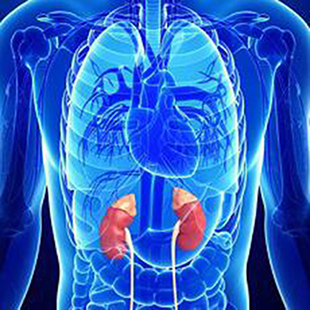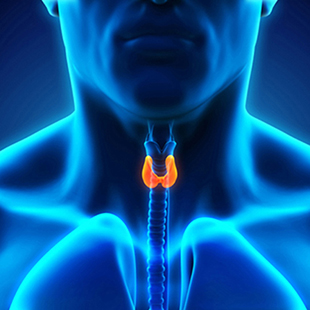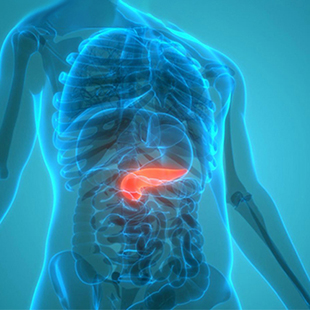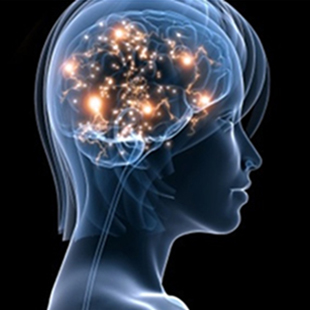Adrenal Insufficiency

Also called Addison Disease: Your adrenal glands are just above your kidneys. The outside layer of these glands makes hormones that help your body respond to stress and regulate your blood pressure and water and salt balance. Addison disease happens if the adrenal glands don’t make enough of these hormones.
A problem with your immune system usually causes Addison disease. The immune system mistakenly attacks your own tissues, damaging your adrenal glands. Other causes include infections and cancer.
Symptoms include:
- Weight loss
- Muscle weakness
- Fatigue that gets worse over time
- Low blood pressure
- Patchy or dark skin
Lab tests can confirm that you have Addison disease. If you don’t treat it, it can be fatal. You will need to take hormone pills for the rest of your life. If you have Addison disease, you should carry an emergency ID. It should say that you have the disease, list your medicines and say how much you need in an emergency.
Hypothyroidism

Hypothyroidism, or underactive thyroid, happens when your thyroid gland doesn’t make enough thyroid hormones to meet your body’s needs. Your thyroid is a small, butterfly-shaped gland in the front of your neck. It makes hormones that control the way the body uses energy.
These hormones affect nearly every organ in your body and control many of your body’s most important functions. For example, they affect your breathing, heart rate, weight, digestion, and moods. Without enough thyroid hormones, many of your body’s functions slow down. But there are treatments that can help.
Diabetes

Diabetes is a chronic disease that occurs either when the pancreas does not produce enough insulin or when the body cannot effectively use the insulin it produces. Insulin is a hormone that regulates blood glucose. Hyperglycaemia, also called raised blood glucose or raised blood sugar, is a common effect of uncontrolled diabetes and over time leads to serious damage to many of the body’s systems, especially the nerves and blood vessels.
Type 1 diabetes
Type 1 diabetes (previously known as insulin-dependent, juvenile or childhood-onset) is characterized by deficient insulin production and requires daily administration of insulin. In 2017 there were 9 million people with type 1 diabetes; the majority of them live in high-income countries. Neither its cause nor the means to prevent it are known.
Type 2 diabetes
Type 2 diabetes affects how your body uses sugar (glucose) for energy. It stops the body from using insulin properly, which can lead to high levels of blood sugar if not treated.
Over time, type 2 diabetes can cause serious damage to the body, especially nerves and blood vessels.
Type 2 diabetes is often preventable. Factors that contribute to developing type 2 diabetes include being overweight, not getting enough exercise, and genetics.
Chronic Fatigue Syndrome

The condition known as chronic fatigue syndrome or myalgic encephalomyelitis (CFS/ME), also recently renamed systemic exertion intolerance disease (SEID), is a complex, heterogeneous and extremely debilitating medical condition with no known specific cause and for which no clinically established diagnostic tests are available.
Its symptoms are characterized by an extreme disabling fatigue that does not improve with rest; it persists for more than 6 months, and cannot be explained by any underlying medical condition. CFS/ME is often associated with muscle pain, sleep dysfunction, cognitive problems and post‐exertional malaise; it may worsen with physical and mental activity, and exercise intolerance is a frequent complaint
